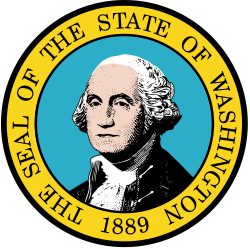This measure would restate existing statutory requirements that legislative actions raising taxes must be approved by two-thirds legislative majorities or receive voter approval, and that new or increased fees require majority legislative approval.
Should this measure be enacted into law? Yes [ ] No [ ]
This measure would restate the existing statutory requirement that any action or combination of actions by the legislature that raises taxes must be approved by two-thirds vote in both houses of the legislature, or be approved in a referendum to the people. It would restate the existing statutory definition of "raises taxes," restate the requirement that new or increased fees must be approved by majority vote in both houses of the legislature, and correct statutory references.



